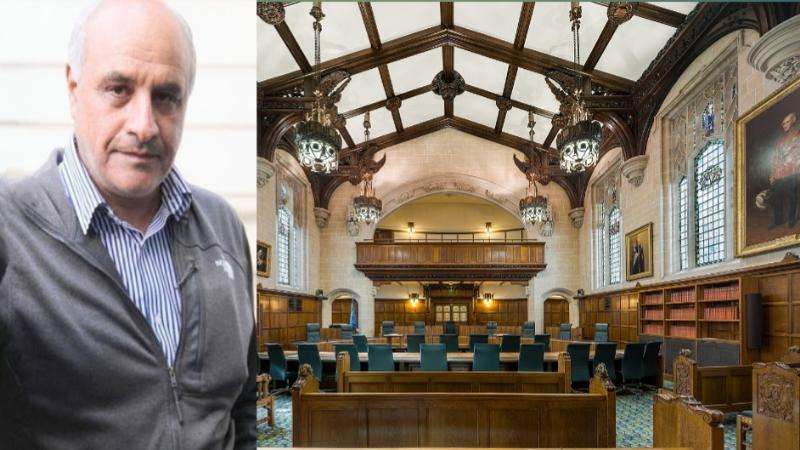A trial that has captured the attention of communities across the UK and beyond commenced today at Westminster Magistrates' Court. Hamit Coskun, 50, stands accused of a religiously aggravated public order offense and an alternative charge of using disorderly behavior, following an incident where he allegedly burned a copy of the Quran outside the Turkish consulate in London. Coskun has pleaded not guilty to both charges, setting the stage for a legal battle centered on the profound respect accorded to religious scriptures.
The charges against Coskun fall under the Crime and Disorder Act 1998 and the Public Order Act 1986. Prosecutor Philip McGhee, in his opening statement, asserted that Coskun's actions presented "a very clear threat to public order and went beyond a legitimate expression of protest."
Coskun, who identifies as an atheist, maintains that his actions were a peaceful protest. His defense is reportedly supported by organizations such as the National Secular Society, which are covering his legal fees.
The act of burning a Quran is considered a profound act of desecration and a deep insult to Muslims globally. Muslims hold the Quran in the highest reverence, believing it to be the literal word of God revealed to Prophet Muhammad. For Muslim communities, the religiously aggravated offense charge is seen as an acknowledgment that hostility directed at their faith can cause significant harassment, alarm, and distress. They argue that such acts can incite hatred and potentially lead to further discrimination. The distress caused by Quran desecration is viewed as both an emotional and a spiritual wound impacting individuals and the collective Muslim identity.
The outcome of this trial is being closely observed by Muslim communities in the UK and worldwide. A conviction would be seen as a strong message against targeted religious hostility, affirming protections for religious minorities. Conversely, an acquittal might raise concerns about the adequacy of such protections in the face of acts perceived as deeply offensive. The proceedings are expected to delve deeply into the legal definitions of public order offenses.








.svg)


.jpg)